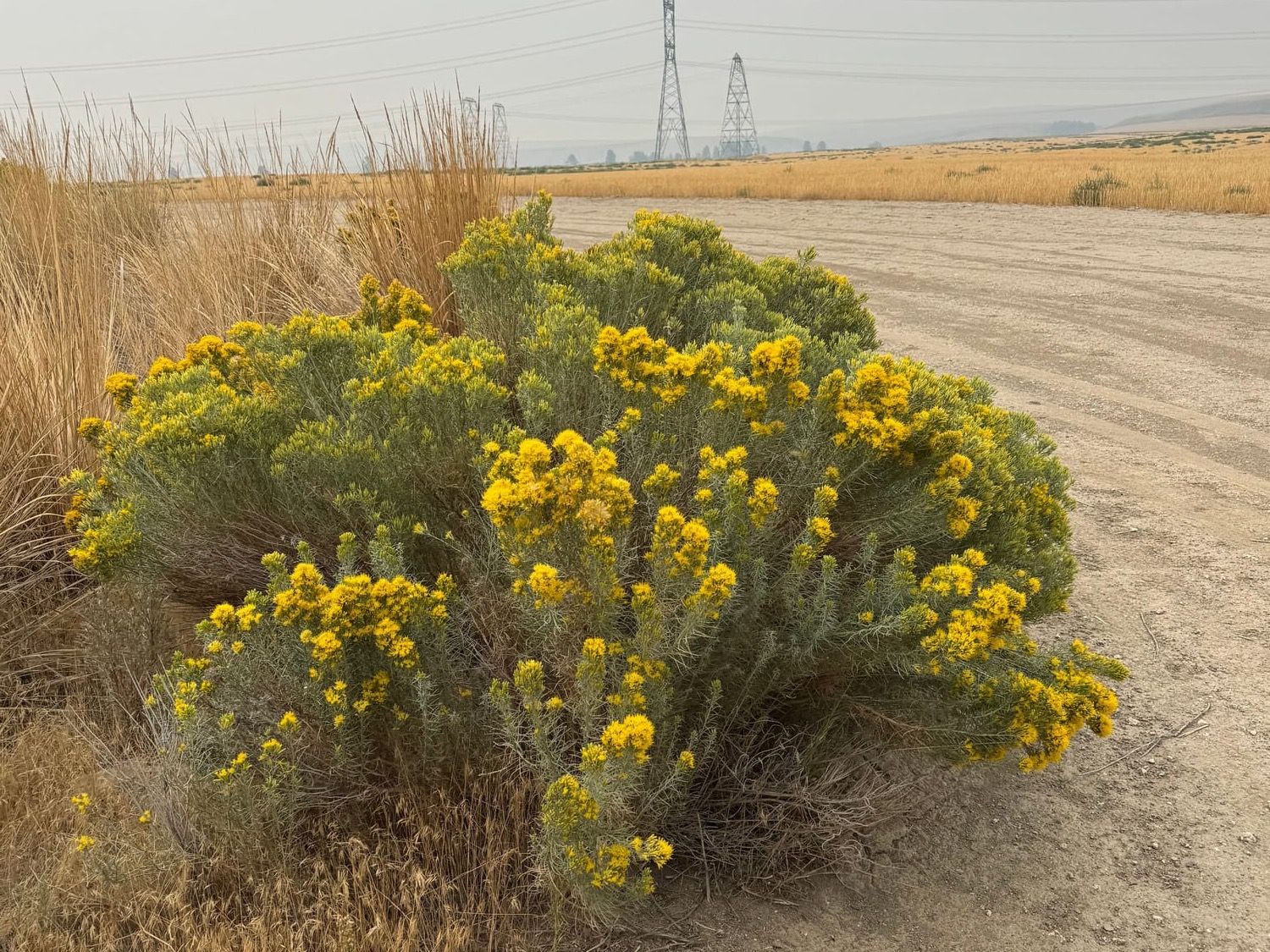ON WRITING MY GRANDMOTHER'S OBITUARY
It starts with the funeral home handing my dad a form to fill out with facts about my grandmother’s life. They tell him to enter it into Chat GPT, and it will write her obituary. This continues on to a scene where my dad takes a break from the post-death task-doing to sit next to me by the wheat field on our family farm. He offers me a sip of the lemon drop he’s prepared on the afternoon of the day that his mother has died. He tells me about the form. Asks if I know how to use Chat GPT. I sip the drink, and sit with him, and say, over my dead body will AI write my grandmother’s obituary.
The next morning, my mother pulled out a few folded newspapers from her file cabinet—a collection of other family obituaries—so I might use them as a guide to the obituary format: where one was born and to whom; one’s place and date of death; the trajectory of their family, career and interests; and forthcoming details of the memorial. It was an easy enough assignment for a writer.
But I felt the great weight of putting this woman I loved into past tense. I learned things I didn’t know about her as I wrote her obituary, looking at the form my father had filled out, listening as he filled in other gaps with stories. I marveled at the genre of obituary: this small collection of sentences that always existed in the space of loss. It was a surreal task. But I had a deadline.
The obituary I wrote probably wasn’t much better than what Chat GPT would have come up with. It was pretty standard. But I can say that it was written by her granddaughter, and that the experience set off spirals of connected wonderings for me, and that’s more than you’ll get from AI.
After writing her obituary, I walked the perimeter of the farm where I’d grown up, where she’d lived. It’s a familiar loop. Sloping hills to the west that go purple-blue when the sun sets. A flat plateau of sagebrush and wheat, cut short in early September now, the harvest in. I lingered with the late summer rabbitbrush. Their butter-yellow blooms were striking on a day that was muted with smoke from local wildfires. The obituary-writing made the day feel stalled, still, a bit bigger than normal days.

There’s no better reminder than writing a person’s life story into a 300-word column that now is the time to send it. And by send it, I mean go all out, with all your heart, every day and in every endeavor that you care for. Someday, I’ll be a 300-word column.
In one way of sending it, I’m starting this small Substack channel. I don’t yet have a framing idea on the content I want to post here, which I think most good Substacks have. I’ll make no promises of the frequency of my writing. But I’d like to interact on this medium with other writers, to seek out the good connections that might be found here, and to work my writing muscle. I’ll endeavor to use this Substack in thought-provoking and creative ways that might be interesting for others to read. For these are the projects that help our souls grow while we’re here. Like writing about writing an obituary.
I might share a few thoughts on place (city v. farm), notes on the books I’m reading and loving, a seasonal record of the dryland wheat farm I still have access to, or events, articles and essays I’ve published or are participating in. I have a few other ideas I’m rolling around. And I’ll be writing—with intention— a full draft of the memoir / collection of essays I’ve long held in my heart, publishing some individual essays along the way.
In short, I’ll be sending it every day in my creative work, or trying to. If you’d like to follow along, I’ll be here from time to time.
Subscribe to Lisa's Substack here.